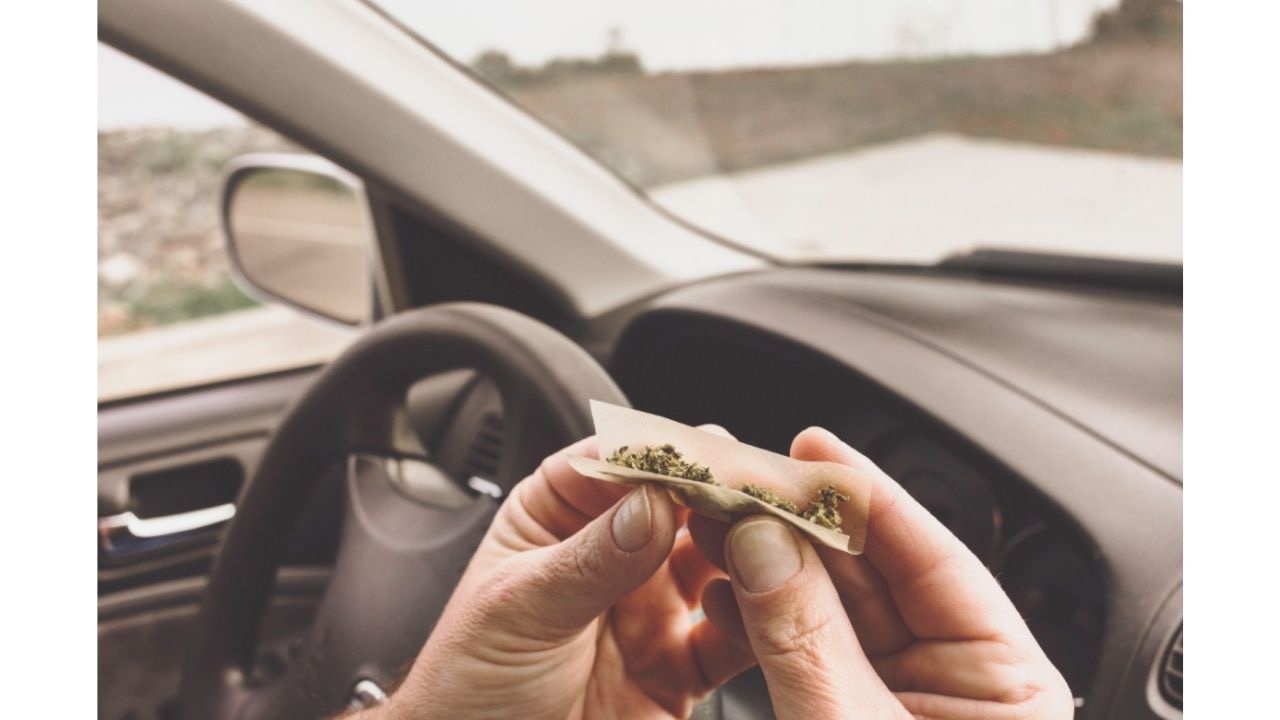
Drug-impaired Driving: How Cannabis Impairs Drivers
Mar 30, 2022Drugs can impair your ability to drive safely and increase the risk of getting into a collision. In fact, cannabis increases your chance of a car accident. The percentage of Canadian drivers killed in vehicle crashes who test positive for drugs (40%) now actually exceeds the numbers who test positive for alcohol (33%). Impaired driving is the leading criminal cause of death and injury in Canada, and drug-impaired driving is increasing.
Getting behind the wheel while impaired by drugs is not only dangerous, it’s against the law. Trained police officers or Drug Recognition Experts can determine if you are under the influence of a drug and can charge you with impaired driving. You can have your license suspended, face fines, criminal charges, and even jail time.
How Cannabis impairs drivers
Cannabis can impair each person differently. The impairment on individuals can depend on:
- The method of consumption, for example how cannabis was consumed (smoked, inhaled, ingested);
- The quantity of cannabis consumed ;
- The variety of cannabis and its THC levels, including cannabis prescribed for medical use.
As a result, there is no guidance to drivers about how much cannabis can be consumed before it is unsafe to drive or how long a driver should wait to drive after consuming cannabis. Don’t take a chance. Don’t drive high.
How Cannabis affects your ability to drive
When you drive a vehicle, you need to be alert and focused. Consuming even small amounts of cannabis affects your ability to react and increases your chance of being in a crash. Drugs impair your ability to drive by:
- affecting motor skills;
- slowing reaction time;
- impairing short term memory and concentration;
- causing drivers to vary speed and to wander; and
- reducing the ability to make decisions quickly or handle unexpected events.
Cannabis is not the only drug that affects your ability to drive. Other drugs, including cocaine or even prescribed drugs, such as opioids also pose a significant risk to your safety and the safety of your passengers, other drivers, cyclists, and pedestrians. Over-the-counter medications may also impair your ability to drive.
How to plan ahead
There is no good excuse for driving while impaired, and being a passenger with an impaired driver is also risky. You have options:
- Make sure you have a designated driver.
- Call a friend or loved one to pick you up.
- Take public transit.
- Call a cab or a ridesharing service.
- Stay over.
Information for parents
Young people continue to be the largest group of drivers who die in crashes and later test positive for alcohol or drugs, and yet, only 11 percent of parents surveyed said they had discussed the risks of driving under the influence with their teenagers. This dropped to 4 percent when teens themselves were asked whether they had discussed impaired driving with their parents.
Start a conversation with your children about impaired driving. It could save lives.
Public Opinion Research on Drug-Impaired Driving
Driving under the influence of drugs is a major contributor to fatal road crashes in Canada and young people continue to be the largest group of drivers who die in crashes and test positive for drugs.
The Government of Canada’s drug-impaired driving public awareness campaign communicates to Canadians the risks associated with driving under the influence of cannabis and other drugs. This campaign is informed by recent public opinion and qualitative research.
Public Safety Canada conducted research with Canadians on drug-impaired driving in 2017. A summary of the findings shows that:
- 81% know someone who has used cannabis and 56% have consumed cannabis at some point in their lives
- Among those who have used cannabis, 28% reported they have operated a vehicle while under the influence
- One in three Canadians report that they have ridden in a vehicle operated by a driver who was under the effects of cannabis
- Among those who have driven while impaired, 4 in 10 downplayed the risks by either indicating that driving while under the influence of cannabis is less dangerous than driving while under the influence of alcohol (25%) or that driving while under the influence of cannabis poses no real risk (17%)
- 65% agree that cannabis users often fail to realize that they are impaired from using cannabis, and 25% believe that the impacts of cannabis consumption are less detrimental to driving ability than alcohol
- 45% of youth (aged 16-24) report using cannabis, with the majority reporting they used it in the past 12 months
- 22% of youth who have used cannabis said they drove while impaired and most said they did it because they don’t think it’s as dangerous as drunk driving
- 1 in 3 youth have been a passenger with a cannabis impaired driver
- 44% of youth say it is easy to tell if someone is too high to drive
Information and resources taken from Drug-impaired Driving – Canada.ca.

